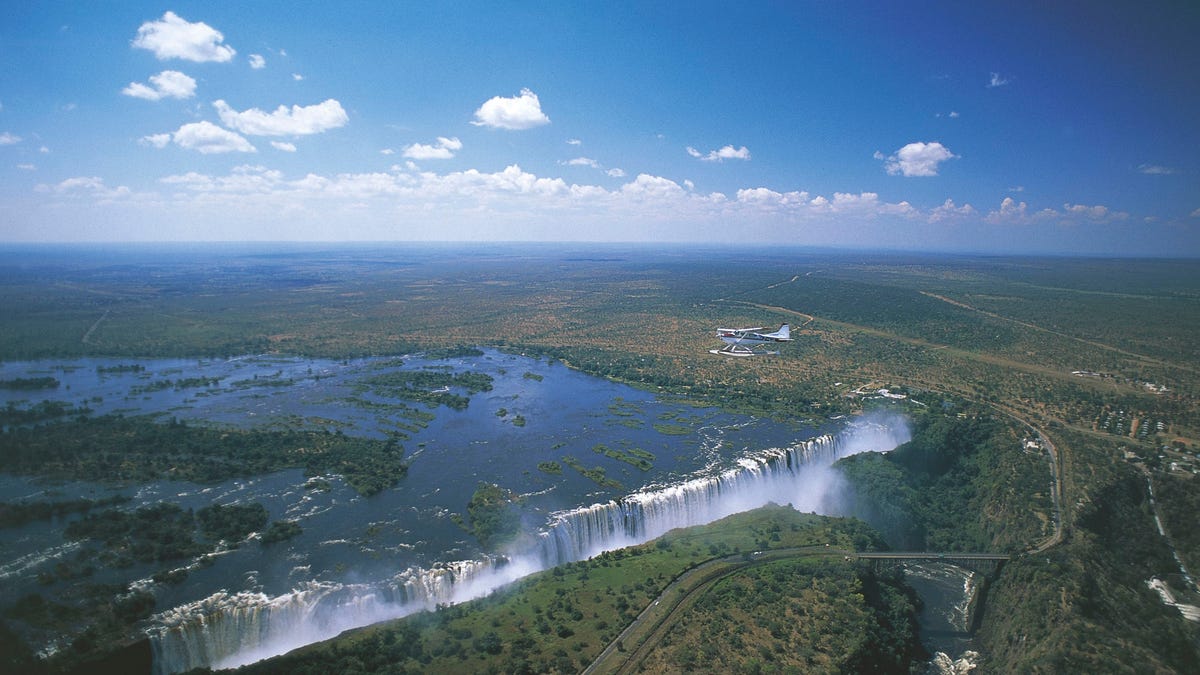Fox News Flash top headlines for Oct. 28
Fox News Flash top headlines for Oct. 28 are here. Check out what's clicking on Foxnews.com
Scientists believe they have traced humans' ancestral home to a wetland that existed in what is now Botswana.
The region, south of the Zambezi River, became a home for Homo sapiens some 200,000 years ago, and provided space for a founding population of humans for some 70,000 years, according to scientists.
“We have known for a long time that modern humans originated in Africa and roughly 200,000 years ago, but what we hadn’t known until this study was where exactly,” Vanessa Hayes, a geneticist and senior author on the new study at the Garvan Institute of Medical Research in Sydney, told The Guadian.
For their study published on Monday, the researchers used mitochondrial DNA, which is passed down from mother to child, to determine the oldest known maternal line of humans.
'HIDDEN' UNIVERSE REVEALED IN STUNNING FIRST IMAGES FROM GERMAN TELESCOPE

Aerial view of the Victoria Falls (UNESCO World Heritage List, 1989) on the Zambezi River, Zimbabwe. The river, which is the fourth-largest in Africa, borders several countries -- including Botswana. (Getty Images)
CALIFORNIA'S DESTRUCTIVE KINCADE WILDFIRE SEEN FROM SPACE
Their conclusions, which have reportedly not been embraced by some experts, are based on an analysis of 1,217 samples of mitochondrial DNA.
I’m definitely cautious about using modern genetic distributions to infer exactly where ancestral populations were living 200,000 years ago, particularly in a continent as large and complex as Africa,” Chris Stringer, who studies human origins at the Natural History Museum in London, told The Guardian.
The scientists published the results of their study in the journal Nature.





















